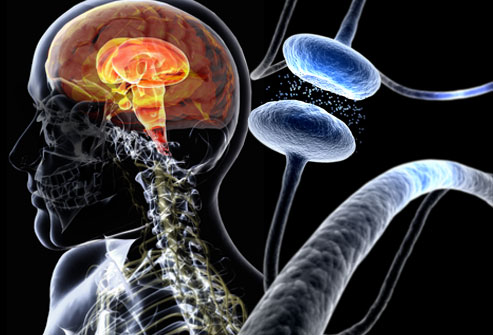Scientists say medicinal cannabis substitute could be useful in treating Parkinson’s disease

Parkinson’s Disease could soon be treated by a synthetic alternative to medical cannabis called HU-308. The drug is said to relieve the involuntary movements caused by dyskinesias; a side effect caused by years of treatment for the debilitating medical condition.
HU-308 – a non-psychoactive drug – was the highlight of a research initiative conducted as part of a joint collaboration between theApplied Medical Research Institute of St Vincent’s Hospital Sydney and Centre for Neuroscience and Regenerative Medicine (CNRM) at the University of Technology Sydney (UTS).
Published in the Neurobiology of Disease, the research effort saw the drug being tested on rodent models with dyskinesias.
“HU-308 works by reducing inflammation in the brain, affecting the neurons and immune cells. In neurological disorders, the immune cells in the brain can lose supportive function with adverse stimuli – including but not limited to trauma or obesity – and become ‘activated’,” said study collaborator Dr. Sandy Stayte, adding that, “scientists at the CNRM believe that, after this activation, the immune cells backfire, kill the brain’s neurons, destroy them and become dysfunctional. By reducing inflammation in the brain, such as with HU-308, these immune cells can support normal neural function again, rather than inhibiting it.”
HU-308: Medicinal cannabis substitute could be as effective as conventional treatment for dyskinesias
Currently, amantadine is the only available treatment for patients who suffer from dyskinesias. However, based on the results of this study, mice treated with HU-308 experienced relief on-par with that produced by amantadine. When combining HU-308 with amantadine, the researchers claim that the effects were even more beneficial; as opposed to using either drug alone.
Professor Bryce Vissel is the director of the CNRM and was also the study’s senior author. He believes that the study’s findings may present Parkinson’s patients with a broad scope of fresh treatment options.
“Our study suggests that a derivative of HU-308, either alone or in combination with amantadine, may be a more effective treatment for dyskinesias and a much better option than using an unproven potentially harmful substance like cannabis,” Professor Vissel explained. “Currently there is limited evidence about the effectiveness of medicinal cannabis. One problem is that no cannabis preparation is the same and cannabis has numerous effects, some of which may not be beneficial in Parkinson’s disease.”
Study collaborator Dr. Sandy Stayte described the study as “really exciting.”
“The fact that amantadine has its own set of side effects, may not work in the long term, and is still the only drug available on the market that is approved for dyskinesias makes our study really exciting,” said Dr. Stayte. “First, our study shows HU-308 is equally effective, so a drug like HU-308 will be useful for those people who can’t take amantadine. Second, for those who can tolerate amantadine, taking the combination may have even greater benefits than taking either drug alone. That means we may end up with a much more powerful treatment than currently available by ultimately prescribing both.”
HU-308: Medicinal cannabis substitute acts on CB2 receptor
The naturally-occurring compounds contained in cannabis – A.K.A. ‘cannabinoids – work by directly/indirectly acting on receptors inside the brain; CB1 and CB2 receptors. While the triggering of CB1 may induce feelings of psychoactivity – often caused by the mind-altering cannabinoid THC (tetrahydrocannabinol) – HU-308 drug only acts on receptor CB2.
Since CB1 receptors are not influenced by Vissel’s medical cannabis substitute, no psychotropic, sedating or drowsy effects will arise once the medication has been administered. Although this is good news, lead author Dr. Peggy Rentsch says that the effects of medical cannabis on Parkinson’s patients is still widely unknown.
“Medicinal cannabis contains different compounds, some of which make you high and which can impact a person’s normal day-to-day activities,” Dr Rentsch said.
“Our research suggests HU-308 is an important prototype drug which we believe won’t interfere with patients’ day-to-day activities. They should maintain normal levels of mental sharpness on a treatment like this.“
Professor Vissel, along with his team of scientists, will continuously conduct research initiatives as a means of determining how memory can be regained in patients with Parkinson’s disease and Alzheimer’s disease. In order to accomplish this task, the team will ascertain ways of blocking brain inflammation.







